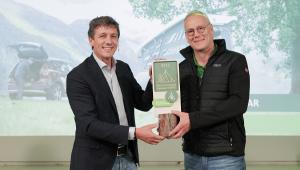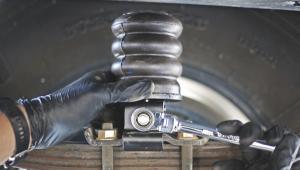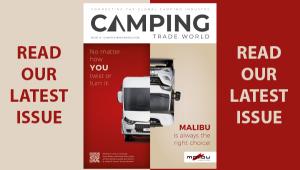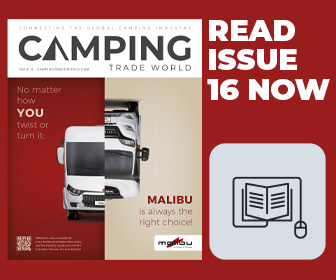Safety the priority in Australian caravanning boom
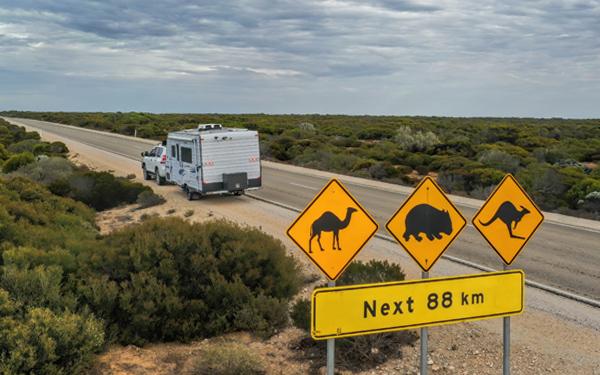
The Federal Government of Australia has announced it will be committing more than $7million (AUSD) over four years into the implementation of a new Road Vehicle Standards Act (RVSA).
As the RVSA is likely to have major effects on the leisure vehicle industry, the Caravan Industry Association of Australia (CIAA) has been working closely with the Government to ensure the interests of those in the industry are looked after.
“This significant financial commitment by the Federal Government further demonstrates the department are pushing forward with the current implementation timeline” said Stuart Lamont, CEO of CIAA.
“Any further delays in the RVSA legislation would continue to provide a mechanism whereby unsafe or non-compliant product could be registered without fear of retribution, with Australian consumers and those genuine industry businesses committed to doing the right thing deserving better protection than what they are receiving from the current MVSA legislation.”
The CIAA is aiming to help businesses connected to the leisure vehicle industry navigate the changes and has launched a Caravan & Trailer Road Safety Alliance to help achieve this. The Alliance is focussed on addressing six initial key areas – technology, regulation development, insurance, Government interaction and grants, research and consumer education – it will also proactively investigate key projects which enhance consumer safety.
Stuart added: “One caravan accident is one caravan accident too many! Anything we can do collectively to assist in making sure that families get home to their loved ones after their caravanning trip should be encouraged. “The impacts of caravan accidents are devastating. The Alliance is a great step in working towards strong outcomes for all road users.”
There are currently more than 740,000 registered camper trailers, caravans and motorhomes in Australia today, with that number expected to grow significantly in the next few years in light of a boom in domestic tourism, fuelled by the COVID-19 pandemic.
- Log in or register to post comments

